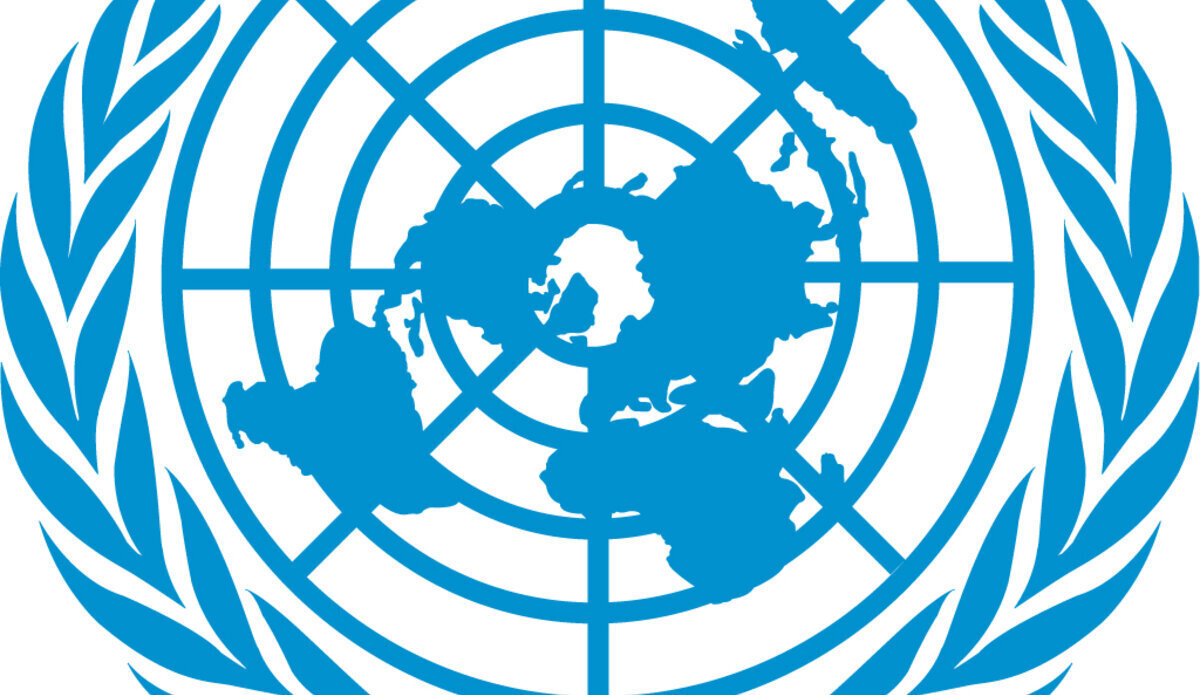On International Women’s Day, UN urges end to restrictions on women and girls in Afghanistan
KABUL - On International Women’s Day, the United Nations in Afghanistan is urging the country’s de facto authorities to end restrictions on women and girls or else risk further pushing the country into deeper poverty and isolation.
“As we mark this year’s International Women’s Day, the global theme of ‘invest in women’ should be a moment when we redouble our efforts to unlock even greater progress,” said Roza Otunbayeva, Special Representative of the Secretary-General (SRSG) and head of the United Nations Assistance Mission in Afghanistan (UNAMA).
“It is heartbreaking that we are seeing precisely the opposite unfolding in Afghanistan: a catastrophic and deliberate disinvestment that is causing immense harm to women and girls, creating only barriers to sustainable peace and prosperity,” Otunbayeva said.
Since August 2021, the Taliban de facto authorities have imposed a series of restrictions on the most basic rights and freedoms of most women and girls, including blocking access to secondary and most tertiary education, circumscribing access to employment, and limiting freedom of movement outside the home.
UNAMA also fears a recent crackdown by the de facto authorities because of alleged non-compliance with the Islamic dress code is pushing women into even greater isolation due to fear of arbitrary arrest.
Regular consultations with Afghan women undertaken by UN Women, the International Organization for Migration (IOM) and UNAMA have highlighted a trend of declining hope and fears for personal safety.
Afghan women also say they need global support for their efforts to drive change inside the country. This includes on advocating with the Taliban de facto authorities for inclusive governance, ensuring Afghan women are actively involved and represented in all dialogue on Afghanistan’s future, and that international assistance that directly supports women is maintained.
This year, more than 12 million Afghan women are in need of humanitarian assistance.
“The space for Afghan women and girls continues to shrink at an alarming pace, and with it Afghanistan’s future prospects to escape a vicious cycle of war, poverty, and isolation,” said Alison Davidian, Special Representative for UN Women in Afghanistan.
“The situation of Afghan women and girls must be kept at the center of international concerns and action. The fight for women’s rights in Afghanistan is a global fight and a battle for women’s rights everywhere. What we do – or fail to do – for Afghan women and girls is the ultimate test of who weare as a global community and what we stand for.”
The restrictions imposed by the de facto authorities are at odds with human rights obligations to which
Afghanistan is a State party and by which it is bound.
 UN
UN







